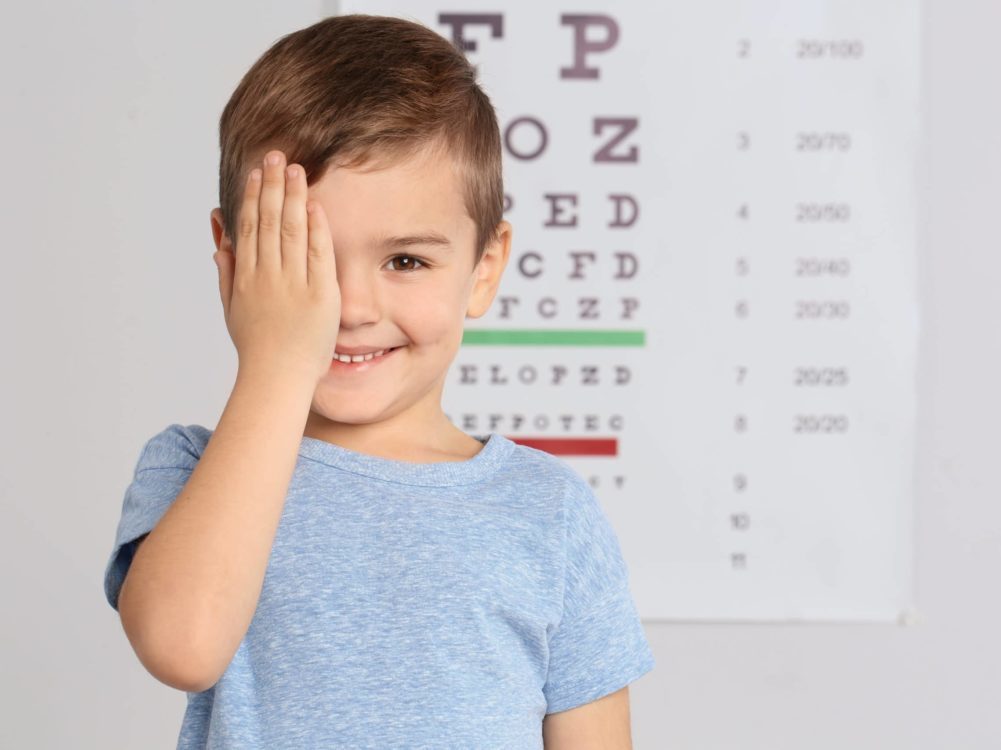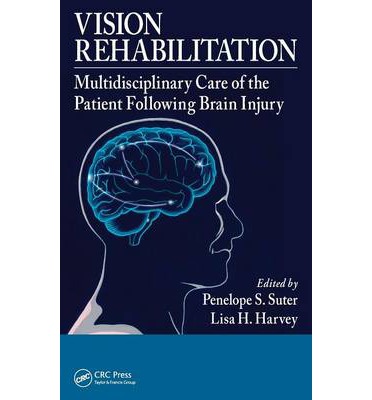WHAT MAKES DR. PENELOPE SUTER'S PRACTICE UNIQUE?

BRAIN INJURY
Approximately 70 percent of all sensory input fibers to the brain begin in the eye. This is more than twice the neural input of all the other senses combined. For perspective, the auditory nerve contains 30,000 neurons compared to the 1,000,000 neurons in the optic nerve.

VISION REHABILITATION THERAPY
Vision therapy is a sequence of therapeutic procedures that develop efficient visual skills and visual processing. An integral part of vision therapy is an individually prescribed program monitored by a doctor using lenses, filters, occluders, specialized instruments and computer programs.

EXAMINATIONS
We spend a significant amount of time with every examination
of our patient because of our belief in a holistic approach to eye care. To us, providing specialized vision care means listening carefully to ascertain your visual problems and needs. As my colleague Dr. Lisa Harvey (who also specializes in neurodevelopmental optometry) likes to say, “We are opto-sleuths!”
Helping You Use Your Vision to its Highest Potential.
Our practice is focused on providing specialty services in neuro-optometry. We do this through careful diagnosis, as well as therapeutic treatment using lenses, prisms, specific tints, partial patches, and vision therapy to develop the visual skills required to function comfortably and efficiently.
When it comes to your vision, seeing clearly and having healthy eyes is just the beginning. The goal of our practice is to maximize your vision through deliberate, patient-centered care in a comfortable and caring atmosphere. In doing so, we strive to help you achieve your highest potential.
SERVICES WE PROVIDE
- Neuro-Optometry
- Sports Vision Concussion Testing and Training
- Sudden Onset Double Vision
- Visual Field Loss
- Visual Spatial Neglect
- Double Vision
- Dizziness
- Balance and Orientation Problems
- Reading Difficulties
- Visual Memory Loss
Workups for Non-Vestibular Imbalance, Dizziness, and Disorientation
ANNOUNCEMENTS
In the November 11 edition of the American Optometric Association bulletin, “AOA First Look”, Dr. Suter was recognized for writing a blog titled, “Hemianopia or Spatial Neglect—Can You Tell the Difference?” This blog is a contribution to the launch of a new blog series by the Neuro-Optometric Rehabilitation Association (NORA), in conjunction with the Primary Care Optometry News.
Optometrist Discusses The Visual Causes Of Dizziness
Penelope Suter, OD, an optometrist in private practice in Bakersfield, wrote in a piece for the optometry blog on 9/4 that dizziness often has vestibular causes, but people sometimes use the word “dizzy” to describe symptoms with visual causes. For example, “visual midline shift syndrome after brain injury can give patients a feeling of dizziness because their perception of what is straight ahead in space is out of sync with reality.” Dr. Suter also discusses how subtle vertical phorias, or misalignments, can cause people to feel dizzy.


